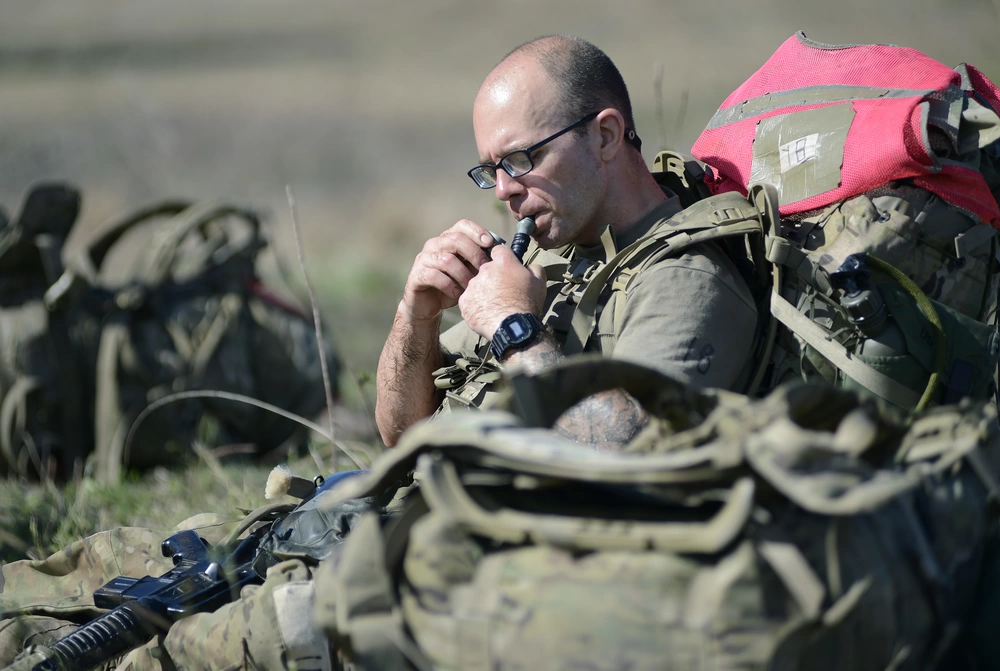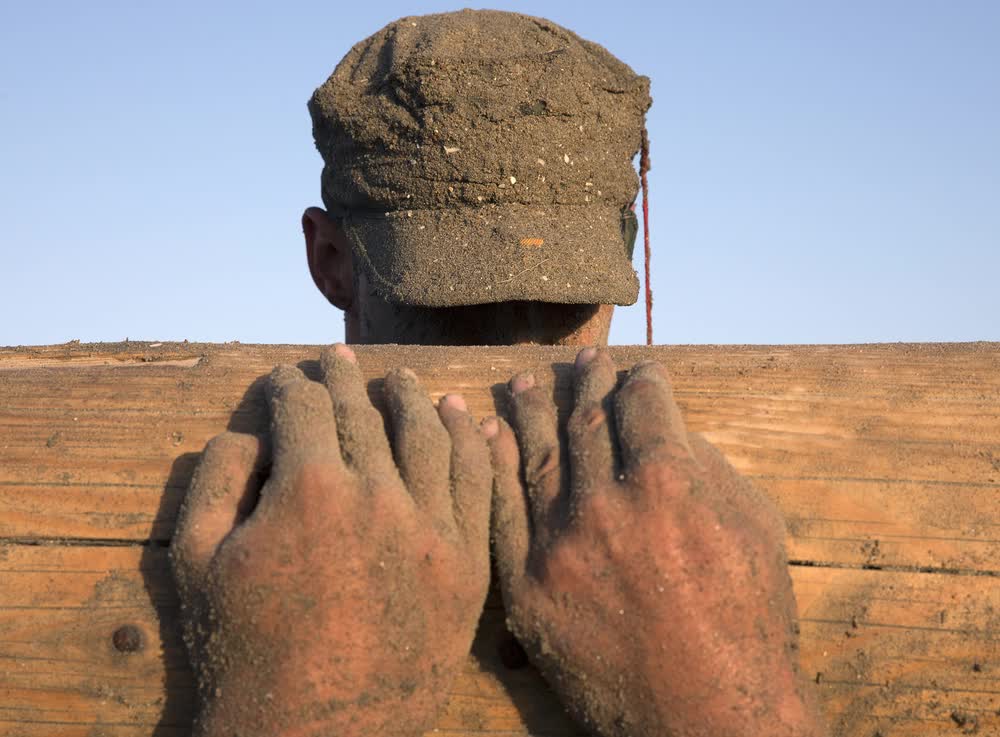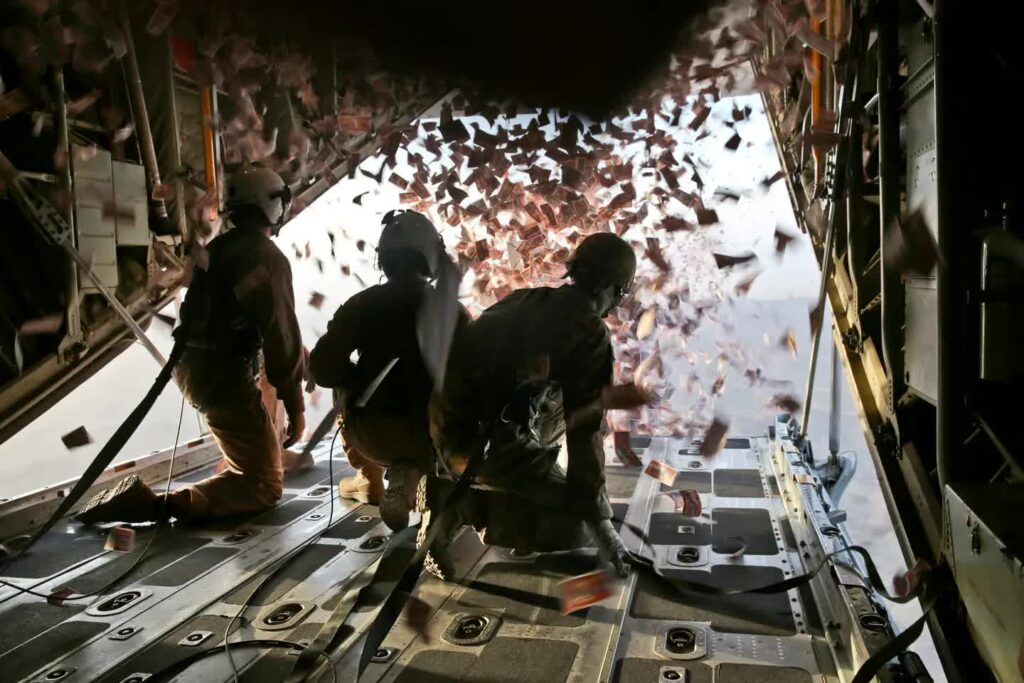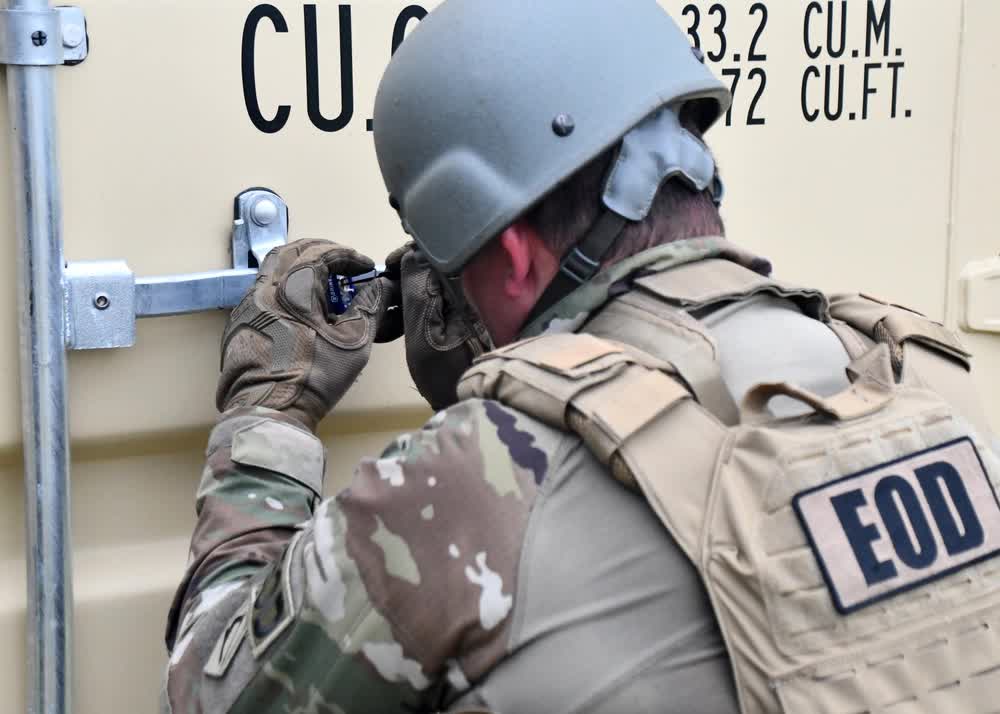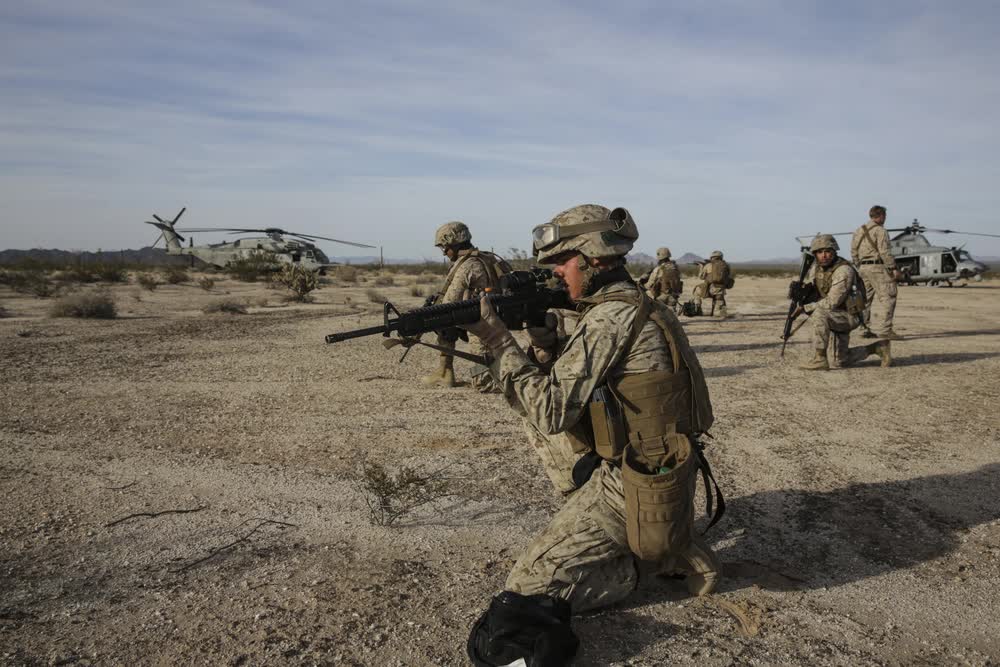This advice is based on my experience as a cadre member in Special Forces Selection and Assessment (SFAS). I have received a lot of emails from potential candidates who were a bit older than the average candidate. They ranged mostly from 32 to the mid-30s; there was even a potential candidate pushing 40 at the time.
Will the services accept an older candidate?
Let me say this first, while it is far from impossible to pass Selection at that age, there are certain factors that just can’t be ignored. Going through and passing Selection is a bear, even for those who are much, much younger. It breaks your body down and forces you to function and make decisions when you are tired, hungry, mentally mush, and sore. That is exactly what the course is designed for. The pace, lack of sleep, and lack of recovery time were designed to put the maximum stress on candidates.
There isn’t any teaching involved in Selection. It is a gut check to see who really wants to be on one of the teams. If a candidate thought it would be neat to try, then they will be gone… and quickly.
Regardless of the service or the unit, Selection is the right of passage to get into the training pipeline for that particular special operations unit.
Related: 6 nice perks of joining the Special Forces
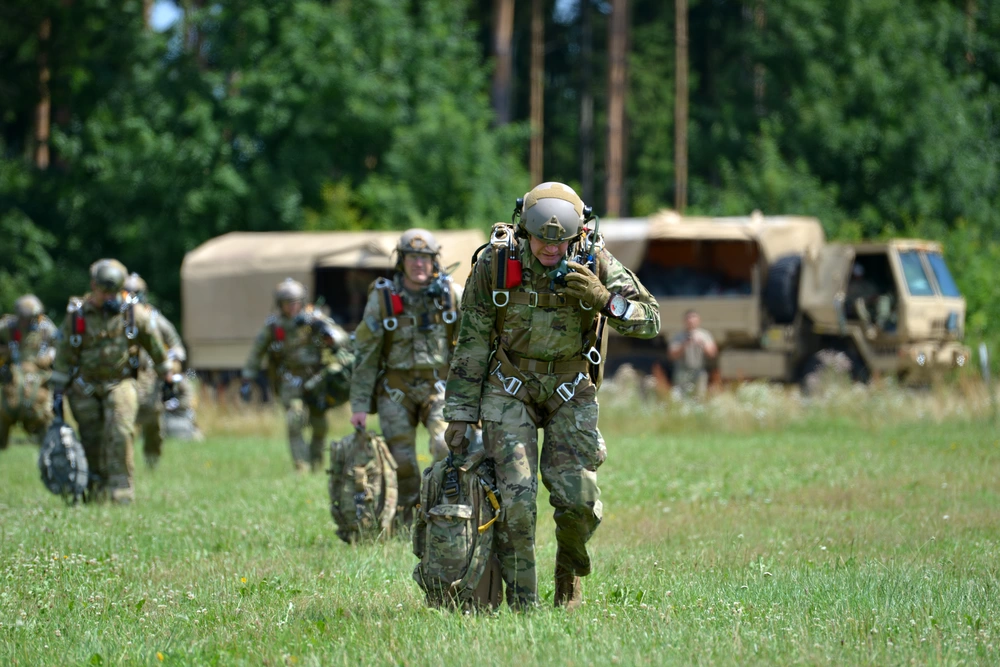
One factor that is completely out of the candidates’ hands is that the schoolhouse will have to decide if they will accept older candidates. Being in your early 30s is one thing. Pushing 40 another.
The reason is simple, really: It takes time to enter into the service, pass the Selection course, wait for a class date for that particular unit, and get qualified in a Special Operations Military Occupational Specialty (MOS). The training pipeline for certain MOSs’ can take up to two years.
Then, before a new team member is truly integrated, they will go through a lot more training, honing their skills to reach their peak of operational ability. At that point, how much time can a team member be counted on to stay on one of the teams? But that is beyond our pay grade; we just prepare as best we can and don’t worry about what we can’t control.
So, my advice regarding passing Selection is to think really hard about it. It will be extremely difficult and a particular challenge for older candidates. But it has been done before, so be prepared.
Related: Mission of Navy SEALs, US SOF to shift focus for future conflicts
Unorthodox preparation may help
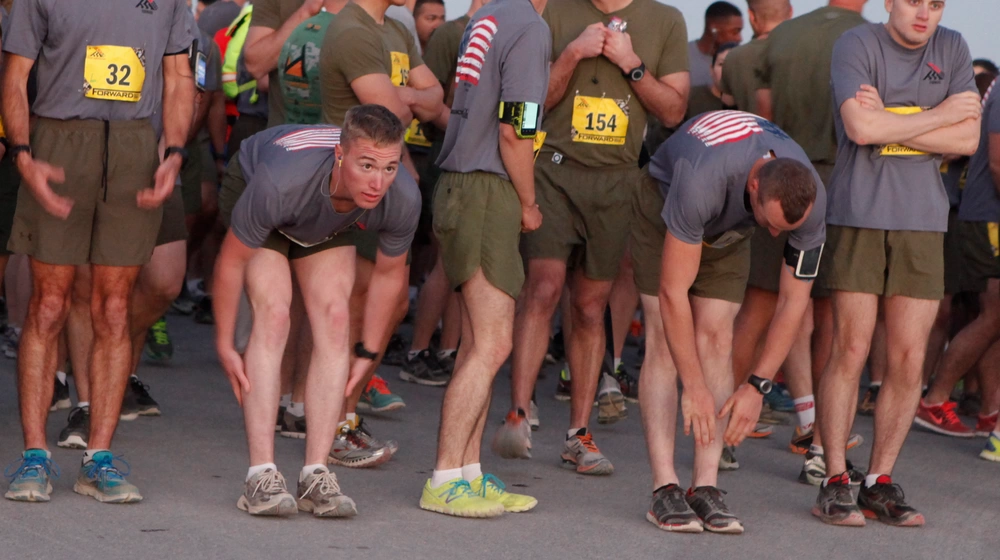
In January 2019, I took in some sessions with the “body coaches” at the TB-12 clinic in Foxboro, Massachusetts. TB-12 is a sports clinic that Tom Brady and Alex Guererro have put together. The clinic helped Brady still play at a high level in the NFL, whereas most players his age have long been retired. It preaches the importance of maintaining long, soft, and pliable muscles.
I contacted the clinic to write whether the principles used there would be beneficial to members of the Special Forces community. Hey, if Tom Brady can still play football at 45, could the same method prolong the operational time on a SOF team? The clinic agreed to cooperate with me, with the stipulation that I attend a session with one of their “body coaches.”
Last November, in partnership with the Green Beret Foundation, the clinic treated some Green Berets who were wounded in action.
The clinic’s approach may work for you; it is certainly worth a detailed look. Showing up in the best shape of your life for Selection is an absolute must. The course has to be, at least in the beginning, something that is easily attainable physically. That will change as things progress.
Related: How to improve your pull ups like a Navy SEAL
Attitude… and mindset are everything
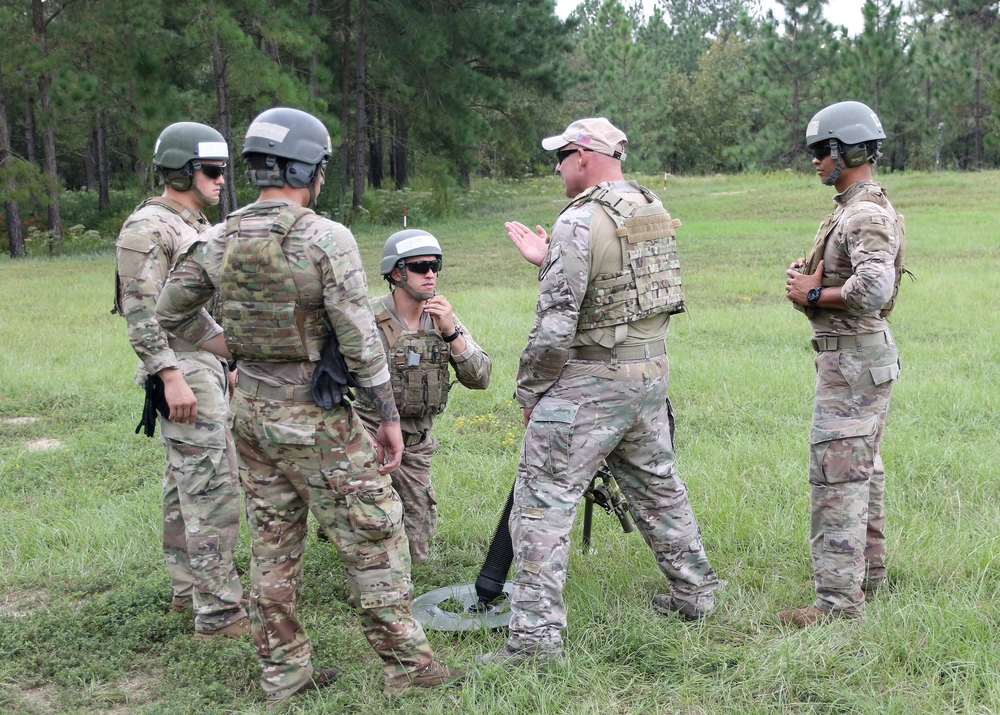
Another suggestion is to look at things through a different lens. When we think about our Special Operations Forces, we automatically picture a chiseled, barrel-chested freedom fighter… right? Because many of us picture ourselves this way. Who else does? Yes, you, in the back… you can raise your hand along with me too.
Many of the younger candidates will naturally look to the older ones for guidance and leadership. Maturity will come in handy in Selection, which falls into being the guy (or girl) everyone wants on their team. And that is what the teams want: can-do people who will take charge and provide lead
Selection is as much about teamwork as it is about the individual
A big part of success in Selection is banding together. As it was explained to me when I became a cadre member of the course, Selection is an individual assessment conducted in a team environment. So yes, you’re being assessed as an individual. But part of that assessment — and a very important part of Selection and what the cadre will look for — is how well you work within a team.
Being part of a team is the very essence of what makes special operations and Special Forces so successful. Although most of Selection is graded in individual events, the group has to work together and encourage each other. So, push and help each other out to the best of your abilities.
Related: Operation Devil Eyes – That time the CIA and G.I. Joe teamed up
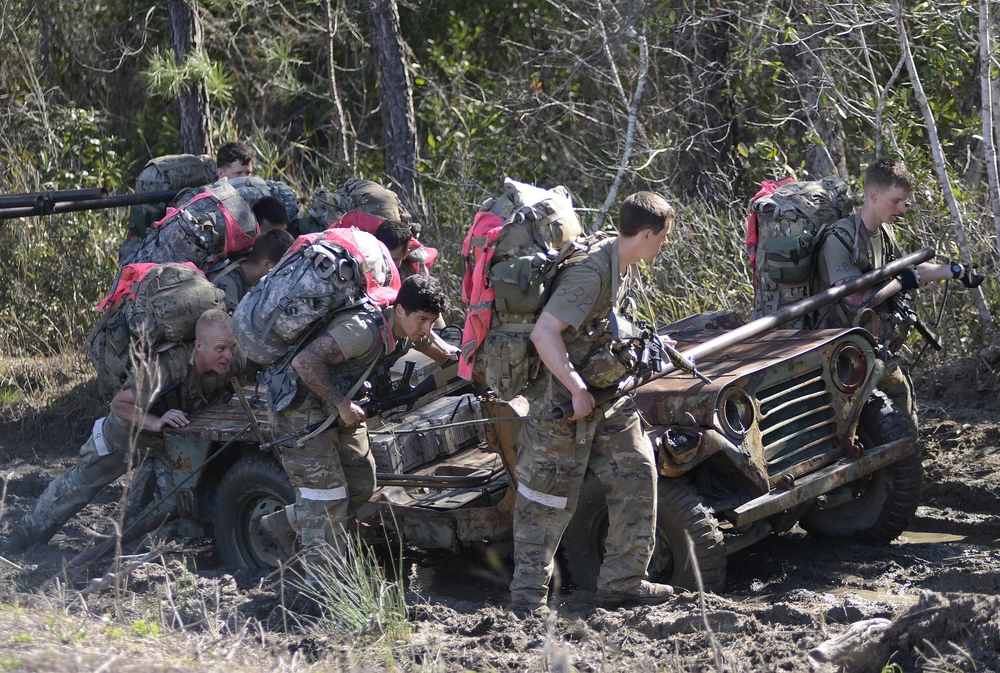
Lone Wolves don’t cut it. So, no Rambo or MacGuyver stuff. You can ace every individual event, but if you aren’t a team player, the cadre will notice, and so will your peers — and peer evaluation can sink a candidate’s chances quickly. Certain candidates will have areas in which they’re stronger or weaker than their peers. A team player will recognize this, step up, and help their teammates during team events. If they don’t help their teammates, then they aren’t team players, and they’ll ultimately fail.
Further, as the mature member of the class, ensure that your classmates leave the assessment to the assessors. This may sound simple and incomprehensible now, but it will make sense. Candidates who assess themselves too closely usually psych themselves right into doing the duffle-bag drag back to Ft. Bragg.
Remember, as long as you are standing in the formation every day, you are still in play to be selected. When things get difficult — and they will — set small victories for yourself, something like “I’m going to suck it up until lunch, and then we’ll go from there.” Sound silly? It won’t when your body feels like a piece of wet spaghetti.
What can the NFL teach you about Selection
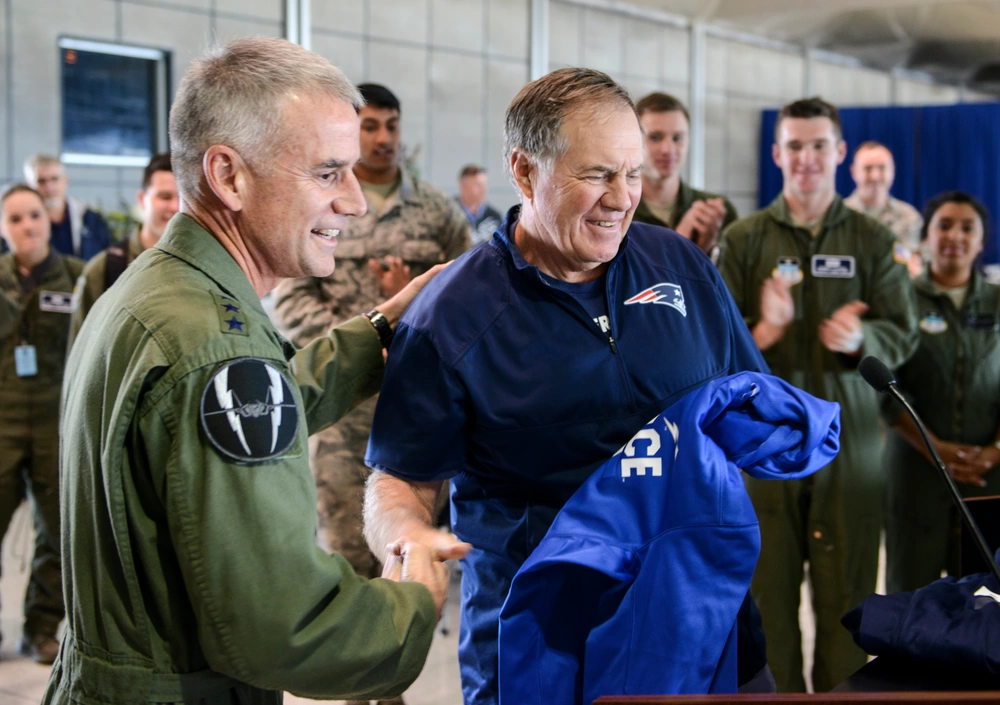
The great NFL coach Bill Belichick has a saying, and it is all over the Patriots facility in New England… “Do Your Job.”
So, in the “Do Your Job” scenario, your job is conducting Selection to the best of your ability, every day, for every exercise and event. The cadre will do their job, and rest assured that you are always being assessed. And I’ll repeat it just so there’s no doubt. “You. Are. Always. Being. Assessed.”
Remember to ignore the noise (another Belichick-ism). As a cadre member at Camp Mackall, the SFAS “rumor mill” used to kill me. There is something about Selection that turns good troops into an old ladies’ sewing circle. This goes right along with self-assessment.
Listening to the rumor mill is an unnecessary drain on your energy and serves no purpose. Invariably, the rumors are totally wrong. I’ve frequently advised SFAS candidates to have a book handy. When the rumors start flying and you have a few minutes between events, save your energy and brain matter and read a book. You’ll thank me later.
Here is the best advice I can give to all candidates:
Don’t Be Late, Light, Last, or Out of Uniform. That automatically brings unwanted attention (the bad kind) from the cadre. It goes without saying that this advice goes hand-in-hand with watching out for one another. You never want to be light when it comes to weighing your rucksack. If they say 45 pounds, then that is the absolute bottom limit, But don’t go too far overboard with it either.
Finally, don’t ever quit. Selection is nothing that thousands of people before you haven’t done. It isn’t easy — after all, most people lose between 15-20 pounds during the process — but it is attainable.
A good friend I admire greatly and a battalion commander at SWC, the SF schoolhouse, said that a successful SFAS candidate has to be “a rope climbin’, land navigatin’ MFer.”
Amen.
Editor’s Note: This article was originally published in November 2022.
Feature Image: A candidate assigned to the U.S. Army John F. Kennedy Special Warfare Center and School takes a moment to drink water during Special Forces Assessment and Selection at Camp Mackall, North Carolina March 14, 2020. Candidates who attended the three-week assessment and selection were evaluated on their ability to work individually and as a team. (U.S. Army photo by K. Kassens)
Read more from Sandboxx News
- The siege of the Green Berets at Plei Me: The first major battle of the US in Vietnam
- Star Man: The Green Beret superhero who was meant to be there
- The Army’s Special Forces are evolving to fight adversaries in the space and cyber domains
- The WWII lapel dagger was a tiny concealed killer for secret agents
- How to get through Special Forces selection? Don’t be the ‘Grey Man’
